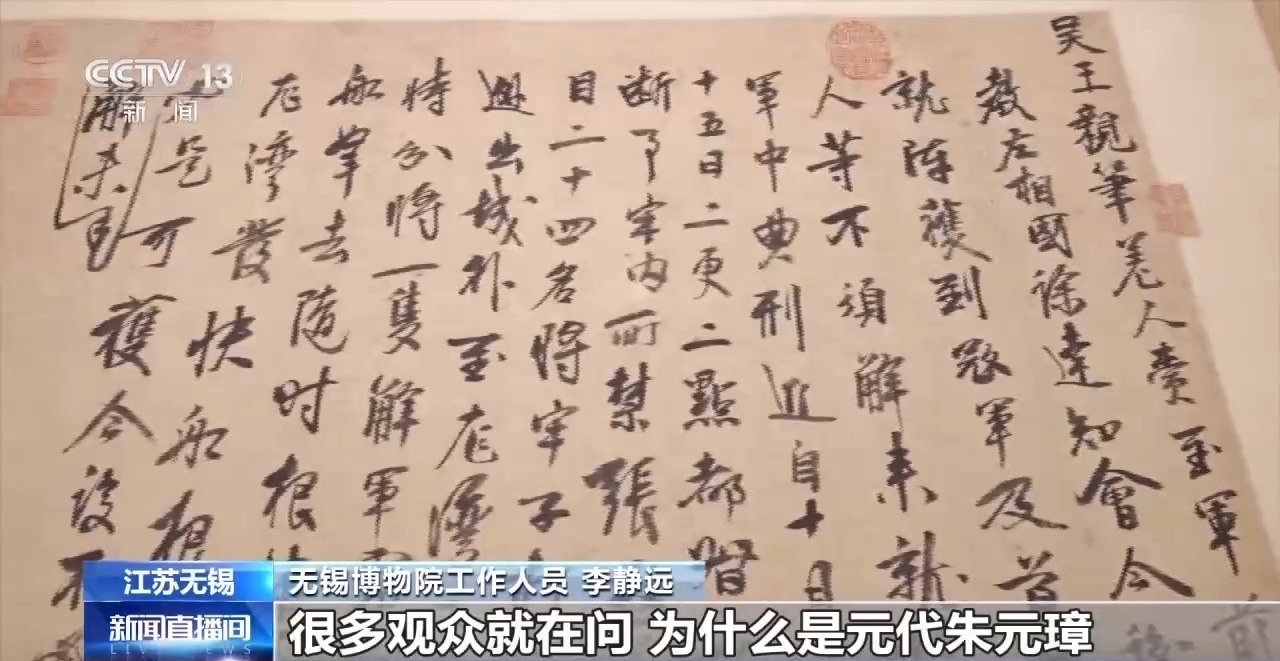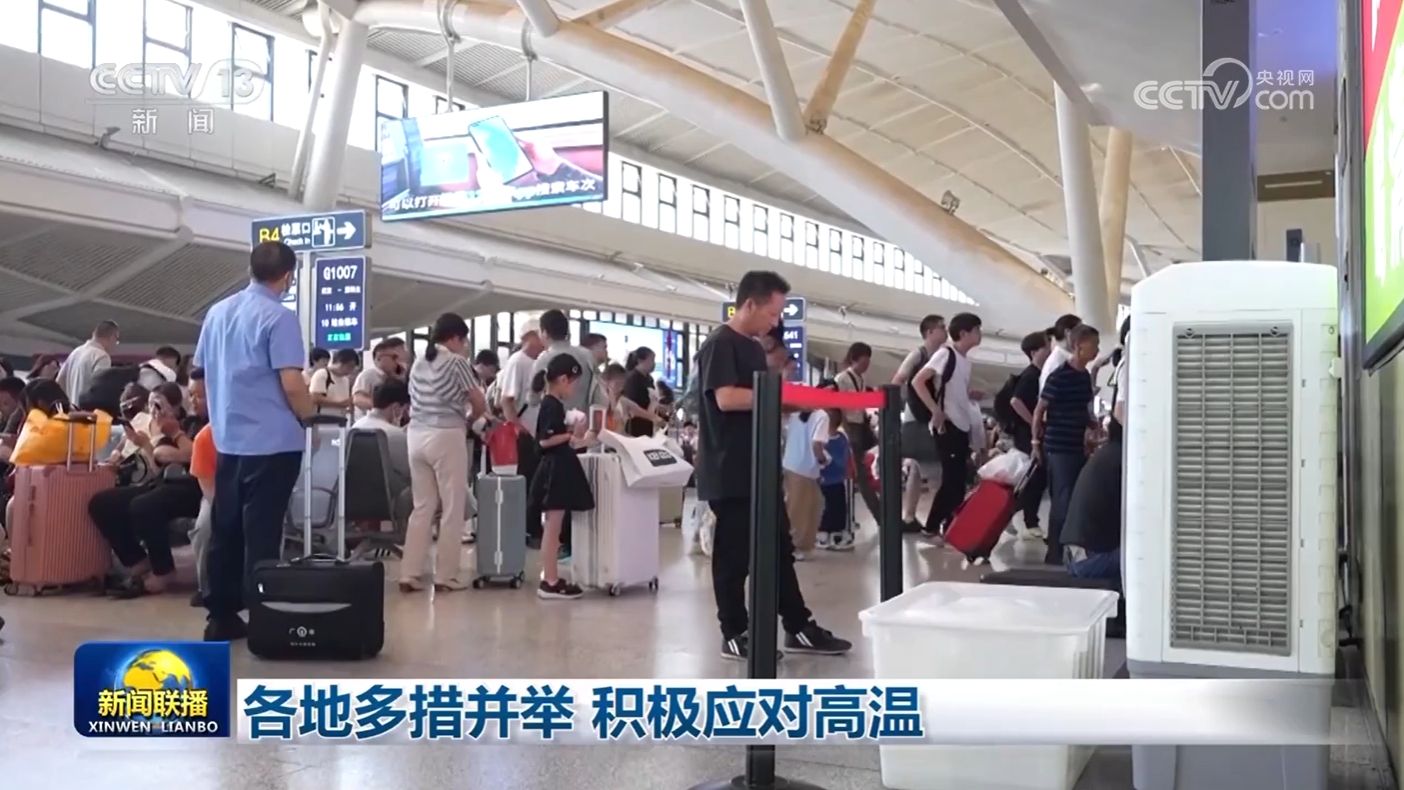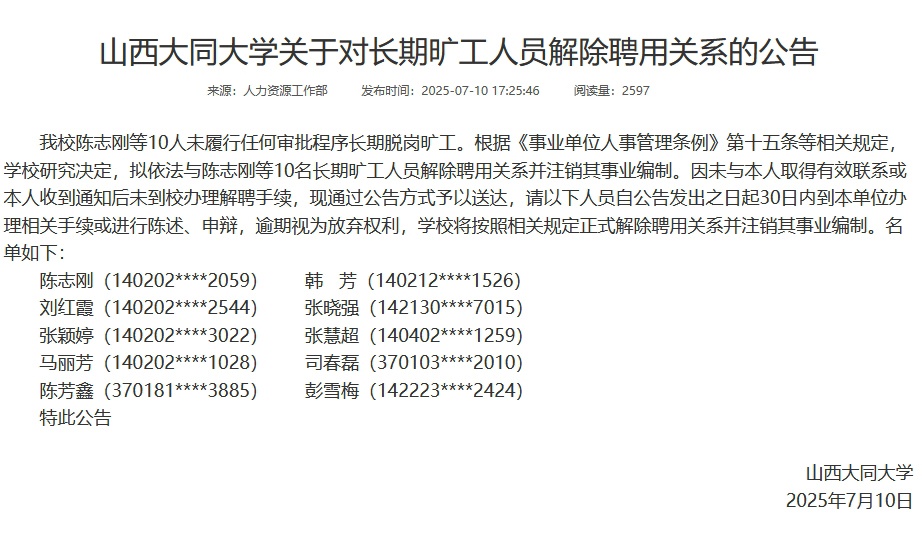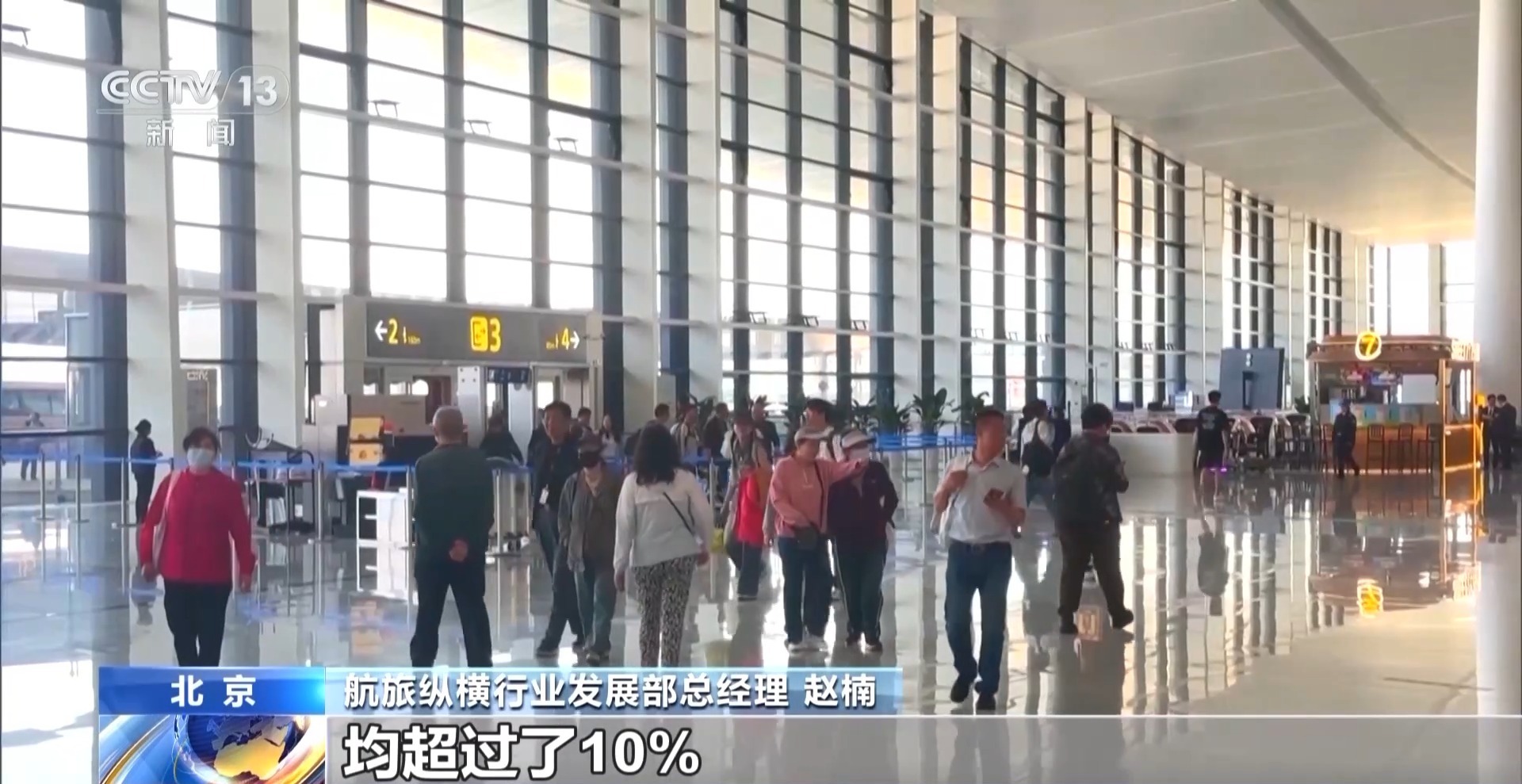Rethinking the consequences of U.S. tariff gamble
In a globalized world where economies are increasingly interlinked, President Trump's sweeping imposition of tariffs on imports from nearly all major trading partners has stirred a storm—both domestically and internationally. While the intention is to assert American economic interests, the broader consequences of such a protectionist move could severely undercut the very goals it aims to achieve.。
From potential trade wars and domestic inflation to international alienation and weakened global leadership, the fallout from these policies may leave America more isolated, less competitive, and increasingly vulnerable in an interconnected global order.。

Tariffs in theory vs. reality。

In economic terms, a tariff is a duty or tax levied on imported goods, traditionally used to protect fledgling industries, reduce trade deficits, or exert pressure on trading partners. Historically, countries like the U.S. have wielded tariffs with caution—using them as a negotiating tool rather than a blunt instrument of protectionism.。

But today's context is different. The U.S. is no longer a manufacturing-heavy economy. Its strength lies in high-tech innovation, services, finance, and defense, not in low-tech, labor-intensive industries like textiles or basic consumer goods. Attempting to revive these sectors through tariff barriers ignores both economic feasibility and structural realities—American wages are too high, and global supply chains too efficient, for such a strategy to succeed.。
A unilateral decision with limited consensus。
Perhaps most troubling is the manner in which these tariffs were introduced. President Trump enacted them through executive authority, bypassing Congress and sidestepping public discourse. Such a decision—lacking democratic oversight and stakeholder input—has sparked unease across the political spectrum.。
Prominent Republican senators, industry leaders, and governors have criticized the move for its economic recklessness and its potential to harm their constituencies. Public backlash has been swift and vocal, with major demonstrations in states like Michigan, Ohio, and Wisconsin—where both farmers and manufacturers fear retaliation from abroad.。
Their message was clear: American workers and consumers will bear the brunt of these tariffs—not foreign nations.。
Who really pays for tariffs?
Despite political rhetoric, tariffs are not paid by foreign exporters. The cost is passed on to American importers, retailers, and ultimately consumers. Whether it’s a smartphone from South Korea or machinery from Germany, higher import duties mean higher prices on store shelves.。
A recent analysis by the U.S. Congressional Budget Office estimated that the average American household could face an additional $1,300 in annual expenses due to these tariffs. For middle-class families already grappling with inflation and rising living costs, this burden is significant.。
Moreover, small businesses—which form the backbone of the U.S. economy—are disproportionately affected. Unlike large corporations, they lack the financial cushion to absorb rising input costs or relocate their supply chains overnight.。
Global reaction: Allies alarmed, rivals energized。
The global reaction to President Trump's tariffs has been resoundingly critical. Traditional U.S. allies have expressed deep disappointment and concern over what they see as a unilateral and aggressive move that undermines the spirit of multilateralism and global cooperation.。
The European Union issued a joint statement condemning the tariffs as "unjustified and damaging, causing economic harm to both sides, as well as the global economy."。
Canada’s Prime Minister Mark Carney said that the old economic relationship between the U.S. and Canada is “over,” vowing that Ottawa will respond “forcefully.”。
The Chinese government strongly condemns and firmly opposes U.S. abuse of tariffs.。
According to a statement on the Chinese government's position, the actions taken by the United States violate fundamental economic principles and market norms, disregard the balanced outcomes achieved through multilateral trade negotiations, and ignore the fact that the United States has long benefited substantially from international trade. Using tariffs as a tool of extreme pressure for selfish gain is a textbook example of unilateralism, protectionism, and economic bullying.。
Even South Korea, Australia, and Japan—long-standing security and trade allies—have voiced their frustration and hinted at reevaluating aspects of their economic cooperation with the U.S.。
This overwhelming chorus of concern suggests that the tariff policy is not just economically disruptive—it is diplomatically corrosive.。
Global retaliation: A domino effect。
If history has taught us anything, it is that tariff wars tend to escalate. In response to U.S. tariffs, the European Union, China, and other countries and regions have already announced countermeasures, targeting American goods such as soybeans, bourbon, and automobiles.。
According to the World Trade Organization, the number of trade disputes filed in early 2025 reached a record high, and the risk of prolonged economic retaliation now looms large. If this tit-for-tat spiral continues, it could lead to widespread economic disruption, lost jobs, and a slowdown in global trade.。
The World Bank warned that U.S. across-the-board tariffs of 10% could reduce already lackluster global economic growth of 2.7% in 2025 by 0.3 percentage point if America's trading partners retaliate with tariffs of their own. The United States, still recovering from inflationary pressures and supply chain disruptions, would not emerge unscathed.。
Undermining U.S. alliances and global influence。
Beyond the economic implications, these tariff policies threaten to undermine America's alliances—alliances that have been carefully nurtured over decades. Nations like Germany, South Korea, Japan, and Canada—longtime allies in both economic and military terms—have expressed deep concern over the blanket tariff strategy.。
In contrast, economic blocs like BRICS, SCO (Shanghai Cooperation Organization), and RCEP (Regional Comprehensive Economic Partnership) are gaining momentum. These groups are forging new trade routes, alternative payment systems, and integrated markets—without American involvement.。
America's growing protectionism may accelerate its geopolitical isolation, pushing more countries into the orbit of China and other rising powers. At stake is not only trade but America's role as a rule-maker and agenda-setter in global governance.。
Rethinking the path forward。
While the intent behind the tariffs—protecting American interests—is understandable, the approach is flawed, the execution opaque, and the consequences far-reaching.。
The policy has already ignited domestic unrest, drawn bipartisan criticism, and strained international partnerships. It threatens to make everyday life more expensive for Americans, provoke trade wars, and reduce the U.S.'s global relevance.。
Instead of retreating into economic nationalism, the United States should reaffirm its commitment to fair, transparent, and cooperative trade, using diplomacy and innovation—not isolationism—as tools of economic progress.。
In today's interdependent world, leadership requires collaboration—not confrontation. America must choose wisely.。
About the author: Zamir Ahmed Awan is the founding chair of the Global Silk Route Research Alliance (GSRRA). He is a sinologist and former diplomat. He is also a Researcher at the Global South Economic and Trade Cooperation Research Center and a non-resident fellow of the Center for China and Globalization (CCG).。
(责任编辑:焦点)
-
 新华社北京4月10日电。 题:多种极点气候来袭!这些防备需留意。新华社记者刘诗平。多种极点气候将从11日开端影响我国南北。中央气候台10日发布气候预告,估计11日至13日,华北将呈现前史同期稀有继续性
...[详细]
新华社北京4月10日电。 题:多种极点气候来袭!这些防备需留意。新华社记者刘诗平。多种极点气候将从11日开端影响我国南北。中央气候台10日发布气候预告,估计11日至13日,华北将呈现前史同期稀有继续性
...[详细]
-
“登”明代商船游万国 全景周游莫高窟……走,去博物馆体会“穿越”之旅
 暑假期间,各地博物馆热继续升温。近期,江苏无锡博物院的“金匮遗珍 典藏精品文物展”,以及多场景数字影像技能的探究体会展,将传统艺术与现代科技完美交融,在炎炎夏日,招引游客前往感触文明珍宝的共同魅力。这
...[详细]
暑假期间,各地博物馆热继续升温。近期,江苏无锡博物院的“金匮遗珍 典藏精品文物展”,以及多场景数字影像技能的探究体会展,将传统艺术与现代科技完美交融,在炎炎夏日,招引游客前往感触文明珍宝的共同魅力。这
...[详细]
-
 央视网音讯新闻联播):眼下,我国华北、黄淮等区域继续高温。多地活跃采纳行动,保证大众出产日子。7月12日,湖北多地发布高温预警。在武汉火车站,暑期出行旺季,日均客流达22万人次。铁路部门在站内保证空调
...[详细]
央视网音讯新闻联播):眼下,我国华北、黄淮等区域继续高温。多地活跃采纳行动,保证大众出产日子。7月12日,湖北多地发布高温预警。在武汉火车站,暑期出行旺季,日均客流达22万人次。铁路部门在站内保证空调
...[详细]
-
极目锐评丨官方通报“洪崖洞游客遭生疏女子强拉摄影”,商拍滋扰游客该注重了
 极目新闻评论员 吴双建。7月13日,重庆渝中文旅发布关于“洪崖洞景区旅拍揽客引发胶葛”的情况通报称,2025年7月10日19时31分,游客朱某波一行4人在洪崖洞玩耍时,旅拍推销人员唐某女)拍朱某波侄女
...[详细]
极目新闻评论员 吴双建。7月13日,重庆渝中文旅发布关于“洪崖洞景区旅拍揽客引发胶葛”的情况通报称,2025年7月10日19时31分,游客朱某波一行4人在洪崖洞玩耍时,旅拍推销人员唐某女)拍朱某波侄女
...[详细]
-
文明我国行丨西湖龙井中心产区迎来采摘高峰期 来品味春天的一口“鲜”
 雨润春茶香,采摘正当时。眼下,浙江杭州西湖龙井中心产区的各大茶园迎来了采摘高峰期。戳视频,一同走进茶园,感触茶香四溢↓↓↓。一大早,绵绵翠绿的茶山中茶农们头戴斗笠、身挎竹篓,在茶垄间繁忙地络绎,将一簇
...[详细]
雨润春茶香,采摘正当时。眼下,浙江杭州西湖龙井中心产区的各大茶园迎来了采摘高峰期。戳视频,一同走进茶园,感触茶香四溢↓↓↓。一大早,绵绵翠绿的茶山中茶农们头戴斗笠、身挎竹篓,在茶垄间繁忙地络绎,将一簇
...[详细]
-
 中新社华盛顿7月12日电 (记者 陈孟统)美国总统特朗普12日宣告,自8月1日起对欧盟、墨西哥征收30%关税。特朗普当天别离致函欧盟委员会主席冯德莱恩和墨西哥总统辛鲍姆,并在交际媒体上发布信件内容。在
...[详细]
中新社华盛顿7月12日电 (记者 陈孟统)美国总统特朗普12日宣告,自8月1日起对欧盟、墨西哥征收30%关税。特朗普当天别离致函欧盟委员会主席冯德莱恩和墨西哥总统辛鲍姆,并在交际媒体上发布信件内容。在
...[详细]
-
 山西大同大学近来发布关于对长时间旷工人员免除聘任联络的公告。公告称,该校陈志刚等10人未实行任何批阅程序长时间脱岗旷工。依据《工作单位人事管理条例》第十五条等相关规定,校园研究决定,拟依法与陈志刚等1
...[详细]
山西大同大学近来发布关于对长时间旷工人员免除聘任联络的公告。公告称,该校陈志刚等10人未实行任何批阅程序长时间脱岗旷工。依据《工作单位人事管理条例》第十五条等相关规定,校园研究决定,拟依法与陈志刚等1
...[详细]
-
 暑假降临,游览商场热度越来越高。近期多家游览渠道大数据显现,暑期游览客流以亲子游学生游为主力人群,长线游占比超越六成,游览抢手目的地铁路、民航等客流增幅显着。航旅纵横数据显现,到7月7日,暑运期间国内
...[详细]
暑假降临,游览商场热度越来越高。近期多家游览渠道大数据显现,暑期游览客流以亲子游学生游为主力人群,长线游占比超越六成,游览抢手目的地铁路、民航等客流增幅显着。航旅纵横数据显现,到7月7日,暑运期间国内
...[详细]
-
 当地时间4月9日,欧盟成员国投票经过首轮对美关税反制办法,将对一系列美国产品征收高达。25%关税。本轮反制首要针对美方钢铝关税。欧盟反制办法分阶段施行,首轮将于。4月15日收效。。据了解,首轮反制办法
...[详细]
当地时间4月9日,欧盟成员国投票经过首轮对美关税反制办法,将对一系列美国产品征收高达。25%关税。本轮反制首要针对美方钢铝关税。欧盟反制办法分阶段施行,首轮将于。4月15日收效。。据了解,首轮反制办法
...[详细]
-
 中新网宜昌7月12日电。 题:湖北枝江:以“梨”为媒铺就村庄复兴路。作者 董晓斌 黄路遥 柳兰。12日上午,在坐落湖北省枝江市百里洲镇的枝江市红新果蔬专业合作社,51岁的乡民李冬英和几位社员正繁忙着。
...[详细]
中新网宜昌7月12日电。 题:湖北枝江:以“梨”为媒铺就村庄复兴路。作者 董晓斌 黄路遥 柳兰。12日上午,在坐落湖北省枝江市百里洲镇的枝江市红新果蔬专业合作社,51岁的乡民李冬英和几位社员正繁忙着。
...[详细]

 外交部:美国的胡作非为终将失利
外交部:美国的胡作非为终将失利 【铭记前史 思念先烈】广东博罗:传承抗战精力 加速推进高质量开展
【铭记前史 思念先烈】广东博罗:传承抗战精力 加速推进高质量开展 表演、阛阓、健身,武汉体育中心夏天消费“热力十足”
表演、阛阓、健身,武汉体育中心夏天消费“热力十足” 外国官员:我国脱贫攻坚效果很亮眼,稳固拓宽有计划
外国官员:我国脱贫攻坚效果很亮眼,稳固拓宽有计划 世界调查丨当前史沦为恣意涂抹的剧本:美日政客的荒谬前史剧
世界调查丨当前史沦为恣意涂抹的剧本:美日政客的荒谬前史剧
